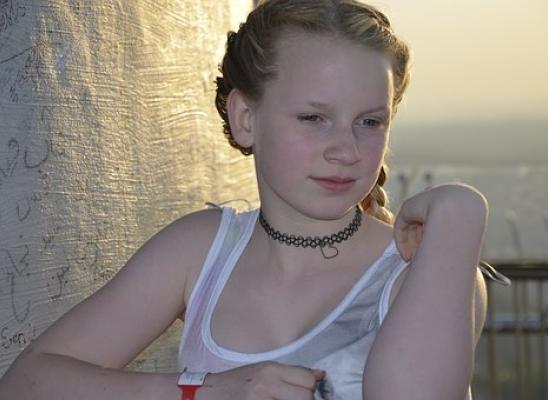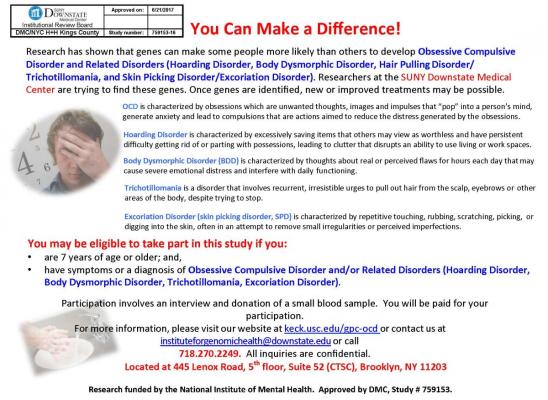Trichotillomania Research Update

Online test
Find out the severity of your symptoms with this free online test
Good old-fashioned psychotherapy remains the most effective treatment for trichotillomania. A recently published evaluation of the research suggests that pharmacological treatments lag behind behavioral and cognitive-behavioral therapies.
The Research Says
A meta-analysis looks at all the available research conducted within a subject area to determine if broader conclusions can be made. In the case of this meta-analysis, the researchers looked for psychological and pharmacological interventions for trichotillomania used with children under age 18. Although they found 129 studies conducted, only 6 met the criteria of being a well-designed study.
Since only 6 studies were included, there was not much diversity in the interventions studied. Two evaluated the effectiveness of N-acetyl-cysteine (NAC), one measured the effectiveness of methylphenidate (Ritalin), one looked at habit reversal therapy, and two evaluated behavioral therapy. The authors concluded that the habit reversal training and behavioral therapies resulted in significant changes whereas the pharmacological interventions did not.
While this is good information, there are hardly enough studies here to make a broad generalization. Furthermore, these studies apply to children and adolescents rather than adults.
Take-Away
However, this analysis supports other research that supports behavioral therapy above medications. There are no medications to fix trich. There are some medications that can help relieve anxiety or depression that contributes to it, but nothing directly related to trich. Therefore, when seeking help for yourself, your child, or teenager, commit to behavioral therapies early on. Whether it is habit reversal training, cognitive-behavioral therapy, acceptance and commitment therapy or any others, it is reasonable to assume, based on the research, that these therapies will provide the most effective results.
Online test
Find out the severity of your symptoms with this free online test
Start your journey with TrichStop
Take control of your life and find freedom from hair pulling through professional therapy and evidence-based behavioral techniques.
Start Now



